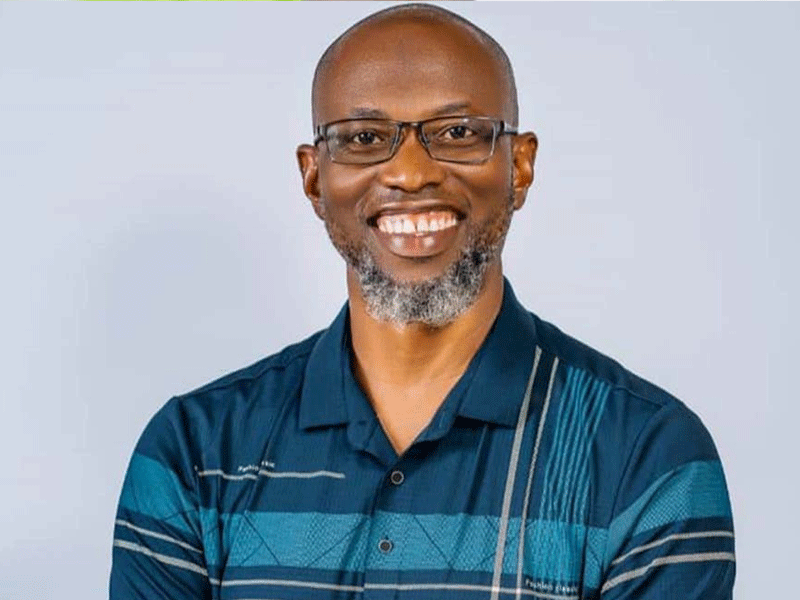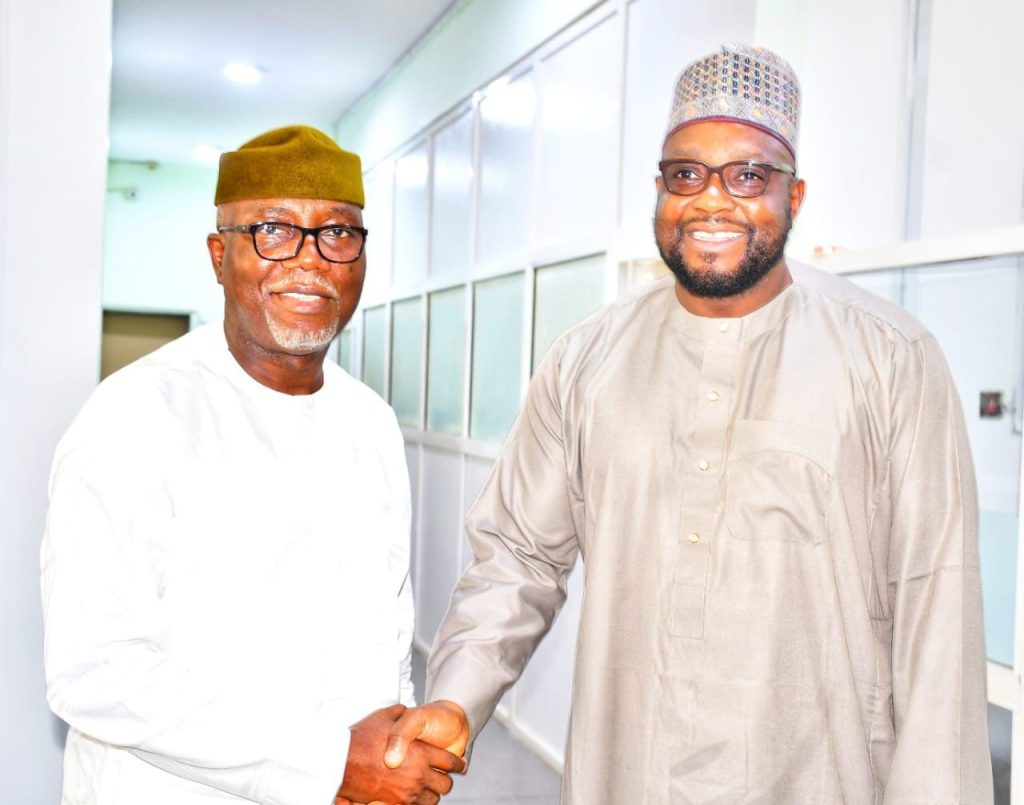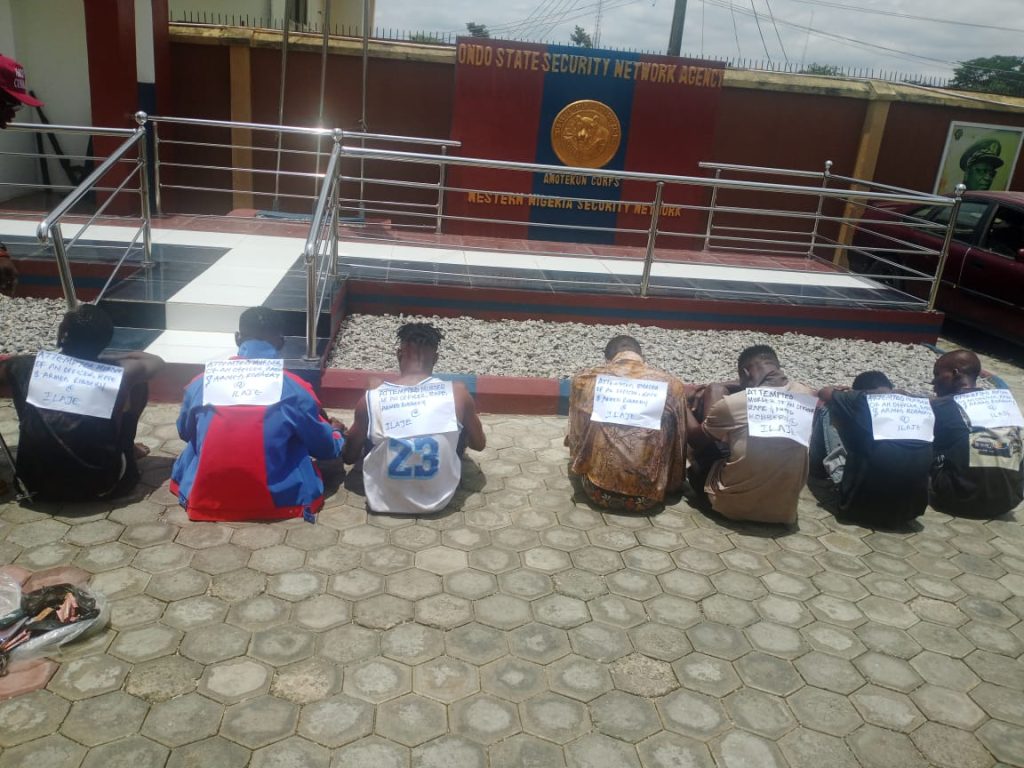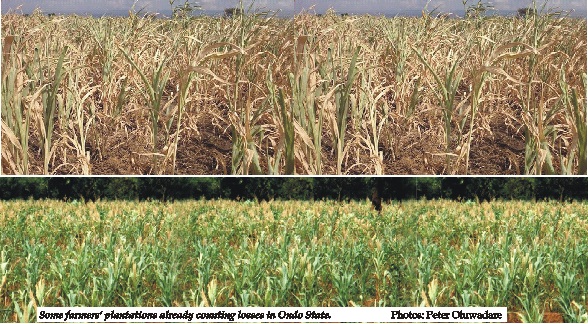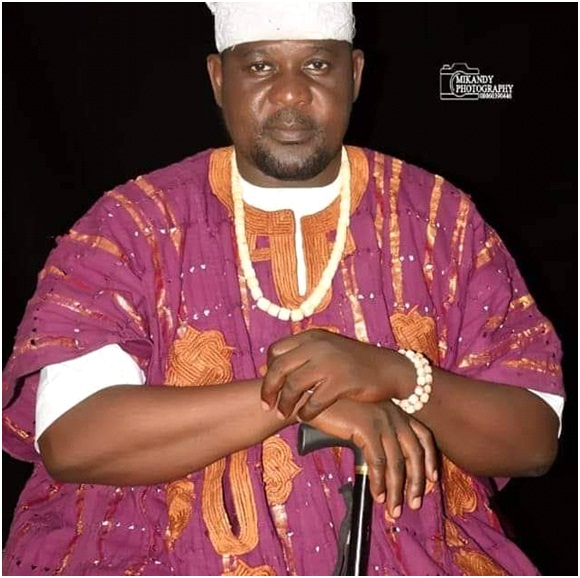Reversing Nigerians
‘wilful deafness’
Busuyi Mekusi
The depreciation in human existence could be a function of age or accidental occurrences that would alter the cause of nature. In few other cases, the malfunctioning of a part of the human body could be from conception or birth. Some have equated the factory errors in scientific products to itches that are congenital. Either in part or full, deformation in the body could be painfully harrowing and patently limiting, particularly in developing societies where there are little or no support-system that would make up for the natural inadequacy that would have been predictably disadvantageous. While mobility due to blindness, for instance, has been effectively mitigated in developed countries through the use of technological and pet supports, physically- challenged people in third-world countries are either turned to liability, or they personally choose to be beggarly, using the physical challenge as an alibi for irritating dependency. No doubt, the environment, to a large extent, makes an individual!
However, metaphorically speaking, certain health minuses could be feigned, or said to have been implicit, when individuals, even though not affected by the biological condition that would make a manifestation possible, behave in a way to suggest that someone is a sufferer of an ailment. For example, amnesia that is a pathological instance of memory loss could figuratively be used to describe ordinary forgetfulness. This is more so as one could in socio-psychological parlance accuse a person of wilful/deliberate amnesia, when such a person behaves as if not aware of a reality that should have been countenanced and reflected in relating to other situations. Another way to designate this selective attitudinal behaviour is ‘picking and choosing’. Given the foregoing, people could be accused of being blind or deaf without any medical condition underlying such, but a mere figurative explication of the deliberate assumption of the effects of a malady in reality.
As we celebrate the 2022 International Week of the Deaf (IWDeaf), alongside the International Day of Sign Languages, as declared by the United Nations, there is the need to examine the place of the deaf in this Nigeria, and the wilful deafness of Nigerians as part of the many elements militating against nationhood. Sounds are very common to human existence and socialisation, and it is believed that for one to be heard, such a person must shout. When the dumb cannot shout, however, the deaf cannot hear. The deaf is denied not only the pitter-patter of rains; the rumbling of the thunder or stomach; the chirping of singing birds; the mewing of hungry cats; the booming of hurting guns; the whispers of love; the clicking of cutleries at feasts, etc. Good enough, the deaf is safe from many unholy sounds such as; the craggy sounds of outside speakers of reckless religious bigots, even though the gonging sounds of Westminster Abbey bell and periodic plunging of the sceptre by the instructor that led the children in paying homage to Queen Elizabeth II were not considered cacophonous, amidst sobriety.
To be deaf is being unable to hear, or only partially able to hear. In another vein, it could mean being unwilling to listen or be persuaded, determinedly inattentive, etc. Shakespeare had wished that men’s ears be deaf to counsel and not to flattery! Nearly 8million children are said to have disabling hearing loss in Africa. Common causes of hearing loss include meningitis, ear infections, and other diseases, aging, chronic exposure to loud noises, etc. Excessive earwax is also believed to be responsible for temporary reduction in how well ears conduct sounds. It is understandable that infants who can hear should: react to sounds, recognise familiar voices and start to make their own sounds. While it has been posited that one cannot reverse most types of hearing loss, one of the effective treatment option is ‘Cochlear implant’. This is an advanced technology that is different from hearing aid, which connects directly to the child’s natural hearing system from the inside.
Pitiably, the conditions that predispose hearing loss are very common in Nigeria. From vulnerability to diseases to aging, most Nigerians are confronted with excessive sounds everyday; from the unsolicited music of a hawker, to the ridiculous loud noises from public vehicles; from deafening noises from poorly-regulated rascally religious and social gatherings to the impulsive shouts into people’s ears in noisy environments. Nigerians are irritably believed to be naturally loud, and they shout even when their co-interlocutor is just few meters away. The foregoing proposition is common in Nigerian chaotic cities like Lagos where one is expected not only to be heard, but put up a ‘loud’ personality that would ward-off oppressive dispositions from others. Unlike Soyinka, for Nigerians, the tiger must shout its Tigritude!
Sign Language is one way to communicate with a deaf, between deaf people and others, with some immediacy or spontaneity. Sign Language uses the visual-manual modality to convey meaning. Expressed through manual articulation in combination with non-manual markers, and having its own full-fledged grammar and lexicon, Sign Language is considered a natural language. Etched in the use of bodily movements, especially of the hands and arms when spoken communication is non-achievable or desirable, it is considered to be older than speech. Even though Sign Language could be used to bridge the gap between two individuals with mutually intelligible languages, or to avoid vocalisation, it is used more by the deaf. While the former could be done intuitively and arbitrarily, the latter is systematic, being a product of scientific engineering. However, Sign Language is substantially deafened by darkness!
Nigerians, just like the mythical Ikún (the stubborn but deaf rat), would not learn from those things that made their forbears deaf, at both individual and collective levels. The deafness of Nigerian leaders continue to reverberate in the rebuffing of the various sustained calls for the politico-economic restructuring of the country, leaving the nation in the throes of corruption, inept leaders, nepotism and downright backwardness. The political leaders seem to be wilfully deaf to the recriminations of deteriorating insecurity, as Nigerians have been turned to articles of bondage and merchandise by kidnappers. The leaders are deliberately deaf to the hues and cries about massive unemployment that has become a twin brother to insecurity. The leaders appear to be consciously unaware of the thieving of crude oil that is the mainstay of the economy. The central government and its agents were deaf to the lamentations of students and parents who were locked out of public universities for seven months before a controversial legal option was contemplated. The leaders are deaf to the frighteningly low life expectancy in the country, as health facilities increasingly lose personnel to emigration, while the leaders seek rejuvenation in King’s land.
Analogous to the unimpressive posturing of their leaders, the led too tend to have excessive earwax that inhibits their hearing. They are now deaf to social ills, blurring the moral codes that once defined their humanity respectfully. The led are deaf to rules and regulations, constantly committed to circumventing basic established codes emplaced for seamless institutional operations, preferring instead to cut corners and subvert systems. They are deaf to basic hygiene and environmental precautions, thinking that their abnormal behaviours would only hurt the oppressive leaders, just like the bile did not know that killing its host would mark its own end too.
Painful evidences of climate change are globally annihilating, with flash floods in Jigawa State causing mortality in hundreds. The people are deaf to standard practice, accepting sharp practices as the norm, and perpetuating quackery to their peril. Poor standardisation in building construction keeps precipitating collapsed buildings, with casual labourers reduced to collateral damages. Their deafness drives them to the vandalisation of critical infrastructures, with pipeline rupturing leaving behind scarred bodies of ambitious rogues.
As the 2022 International Week of the Deaf rolls bye, medically speaking, Nigeria needs to audit her plans and commitment to the eradication of illnesses and noisy attitudes that make the citizens susceptible to deafness. On their part, the people should, as a matter of necessity, purge themselves of avoidable propensities that make them vulnerable to deafness. They must know that electrical equipment used for sound production are meant to enhance access to communication, and not hurt the eardrums. The noisy nature they hitherto pride themselves on may be a right description of servitude, and the desperation to get out of it, but they should be reminded of the saying that an empty drum makes the loudest noise.
One of the takeaways from the state funeral service of Queen Elizabeth II was the national two minutes silence held in her honour. The fact that world leaders could not deafen Britons with the sirens of their vehicles also showed that Nigerians are prone to dehumanisation. We hope deaf leaders would not be elected in 2023, as the Déjì-of-Akure-prescribed annual silence in his domain during Uléfunta would help some cure their verbal diarrhoea, however momentarily. No doubt, the wilful deafness of Nigerians must stop!

